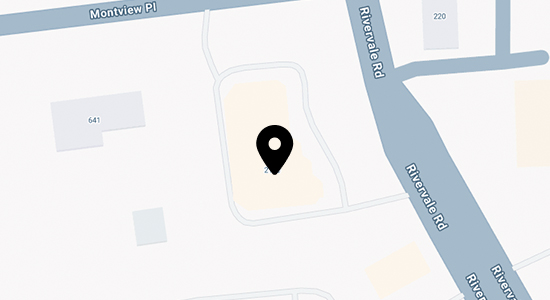- Contact Us Now: (201) 494-2800 Tap Here To Call Us
Seller Closing Costs in a New Jersey Real Estate Transaction

When selling a home in New Jersey, it is important for sellers to understand the costs involved in the closing process. Closing costs encompass various fees and expenses that sellers need to pay before and while finalizing the real estate transaction. In this blog post, we will explore the typical seller closing costs in a New Jersey real estate transaction, providing an overview of what sellers can expect during this crucial phase of the home selling process.
Real Estate Commission:
The most significant expense for sellers is typically the real estate commission. Sellers typically pay a percentage of the final sale price to their listing agent and the buyer’s agent. The commission percentage can vary, but it is typically around 5-6% of the sale price, divided between the two agents.
Attorney Fees:
Engaging the services of a real estate attorney is common practice in New Jersey. The attorney represents the seller’s interests, reviews legal documents, and ensures a smooth transaction. Attorney fees can vary based on the complexity of the transaction and the attorney’s rates.
Transfer Taxes:
In New Jersey, sellers are responsible for paying transfer taxes. These taxes are based on the sale price of the property.
Outstanding Liens and Prorated Expenses:
a. Outstanding Mortgage Balance: If the seller has an outstanding mortgage, the remaining balance must be paid off at closing.
b. Prorated Property Taxes: Sellers are responsible for paying their share of property taxes up until the date of closing. This amount is typically calculated and adjusted at closing.
c. Homeowner’s Association (HOA) or Condo Fees: Sellers may need to pay any outstanding HOA or condo fees up until the date of closing.
Recording Fees:
Sellers are typically responsible for attorney recording fees associated with releasing the mortgage lien from the property’s title. These fees cover the cost of recording the necessary documents with the county clerk’s office.
Home Inspection or Repair Costs:
If the buyer’s inspection reveals any necessary repairs, the seller may be responsible for covering the cost of those repairs or providing a credit to the buyer at closing.
Miscellaneous Fees:
a. Courier and Wire Transfer Fees: These fees cover the cost of courier services and electronic fund transfers during the closing process.
b. Home Warranty: Sellers may choose to provide a home warranty as an incentive to the buyer, covering certain repairs or replacements for a specified period after the sale.
It is important to note that the specific closing costs can vary depending on the transaction and the parties involved. Sellers should consult with their attorney to get a detailed estimate of the closing costs for their particular situation.
Conclusion:
Understanding the seller closing costs in a New Jersey real estate transaction is crucial for sellers to plan and budget effectively. By being aware of these expenses in advance, sellers can avoid surprises and ensure a smooth closing process. Collaborating with experienced professionals, such as real estate agents and attorneys, will provide valuable guidance and help sellers navigate the complexities of the closing phase. By accounting for these closing costs, sellers can confidently proceed with the sale of their New Jersey property. Please contact Joseph DiPiazza, Esq. to discuss any questions you may have.


